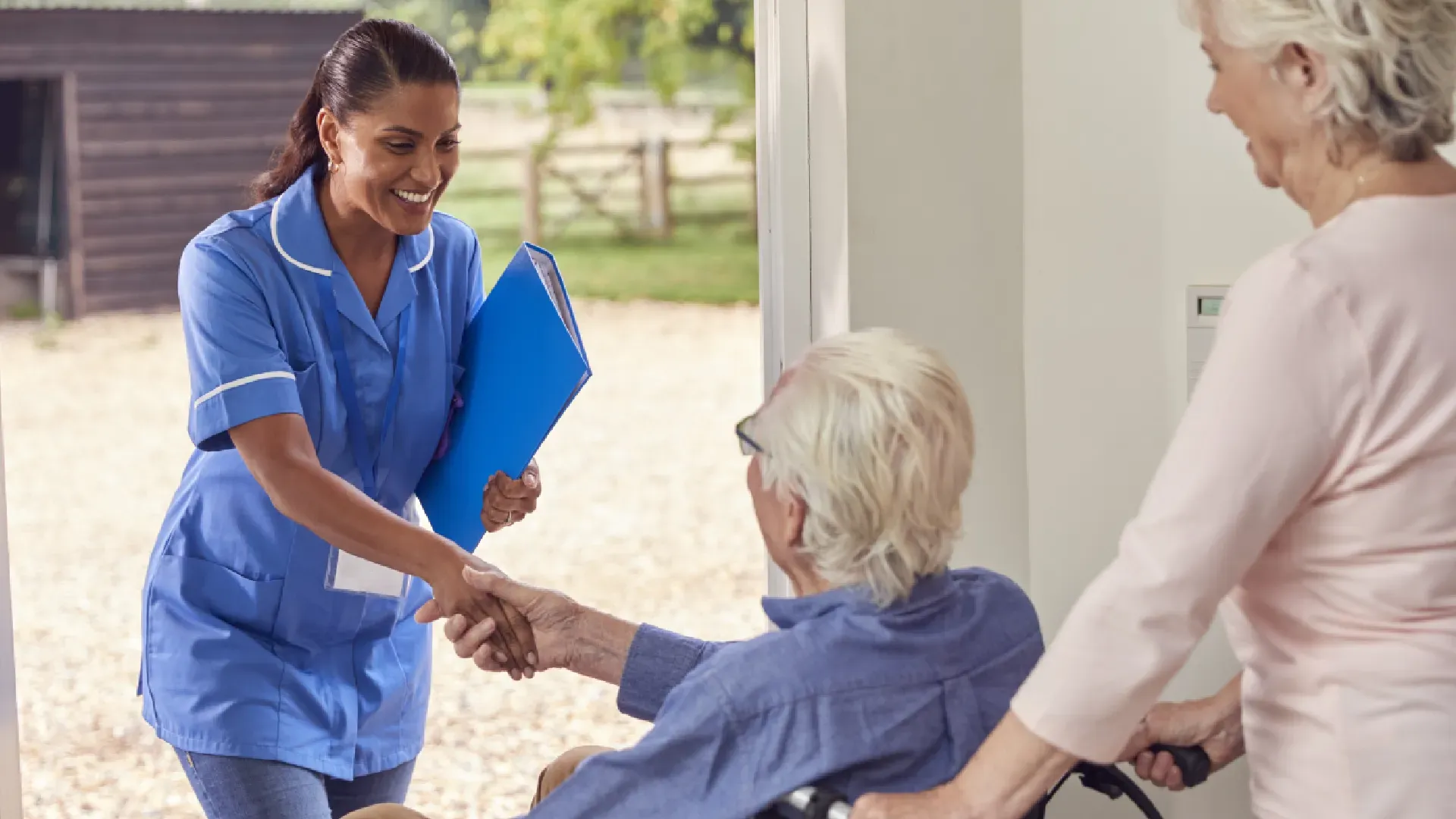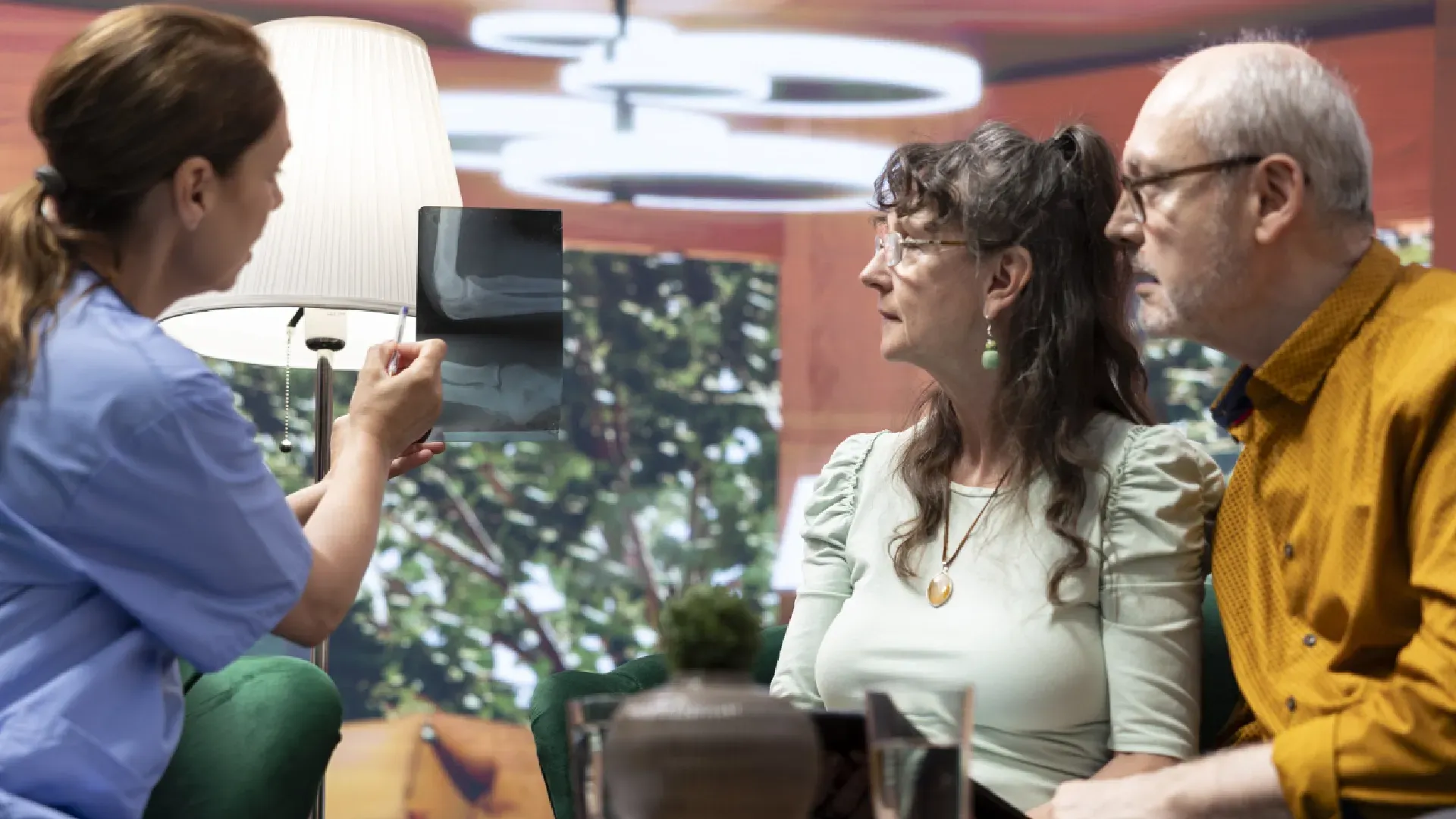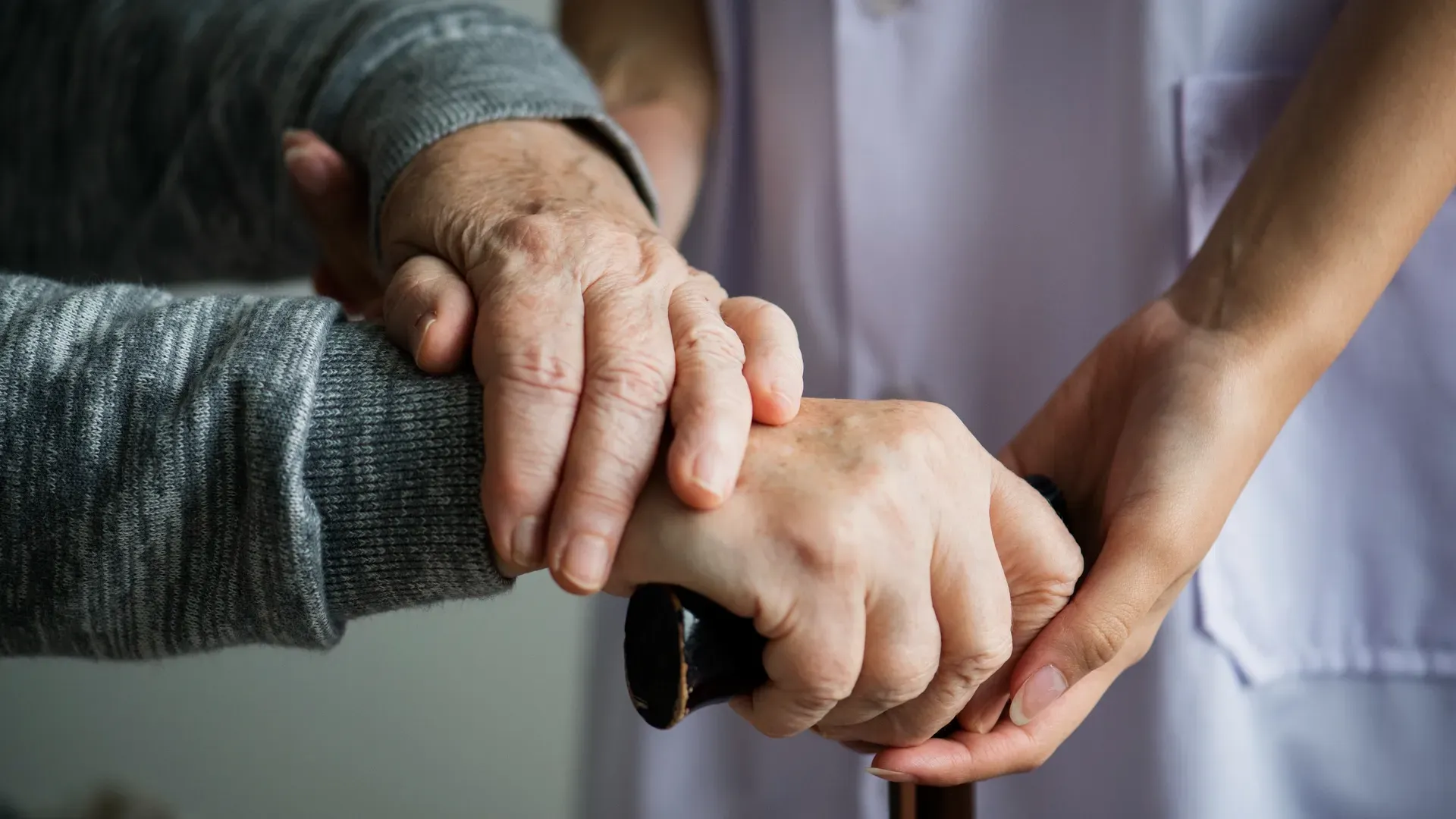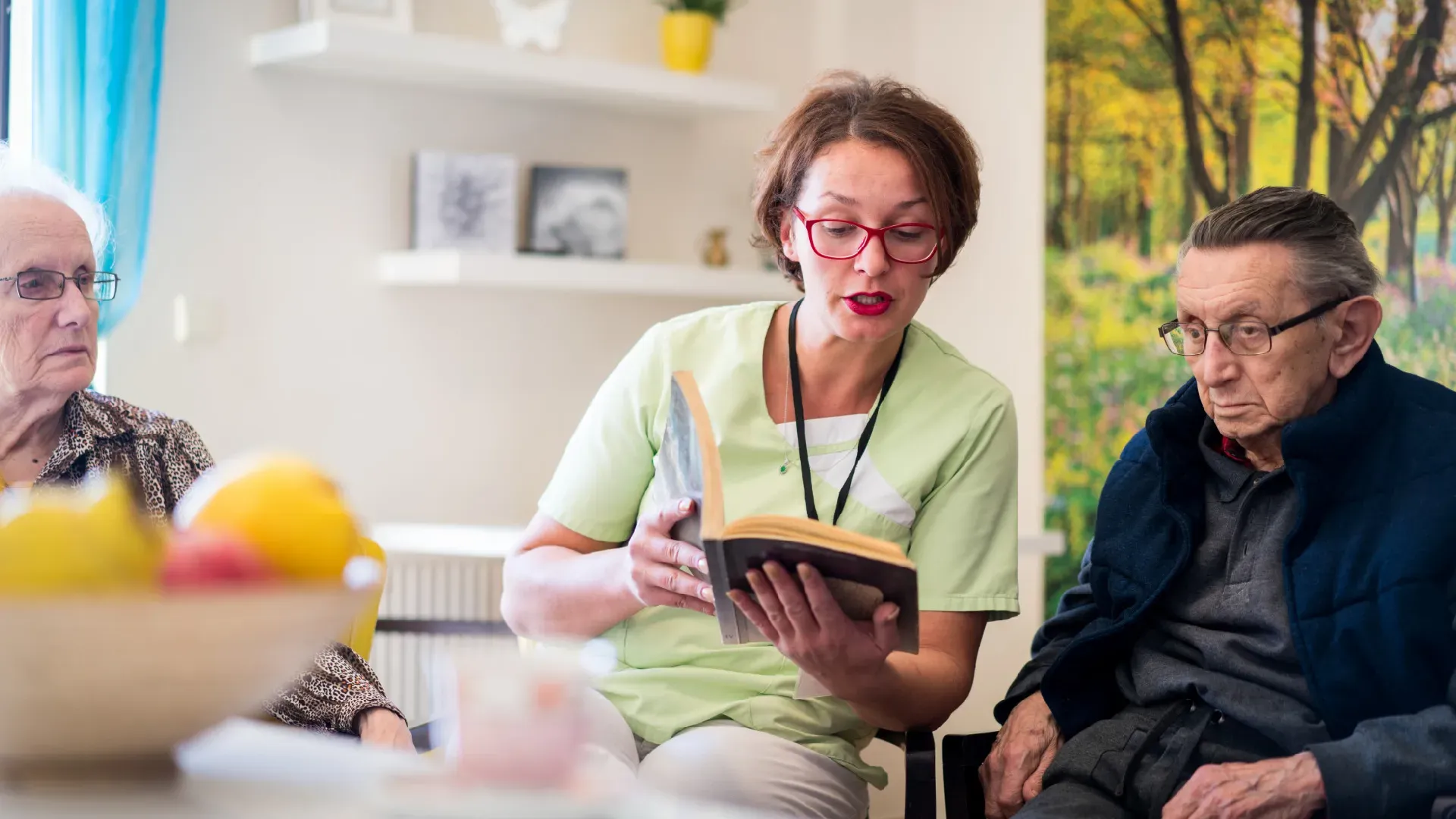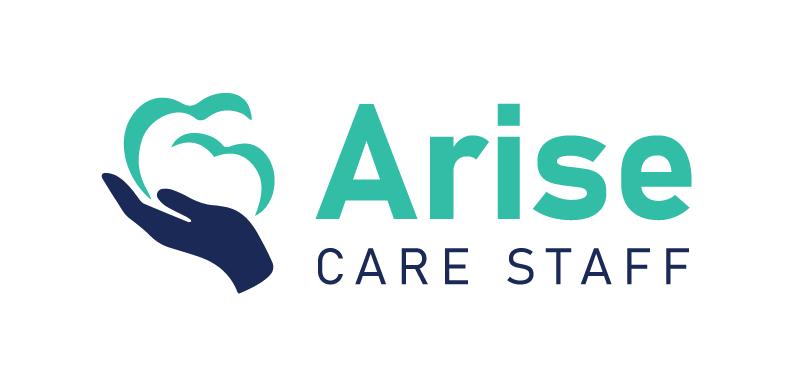Future Skills for Aged Care Workers: What Employers Will Be Looking for in 2025 and Beyond
As the aged care sector in Australia continues to grow and evolve, so do the expectations placed on the professionals who serve it. With technological advancements, changes in care models, and an increasingly diverse ageing population, the skill set required for aged care workers is expanding rapidly. By 2025, aged care professionals will need to adapt to a variety of new challenges, from digital literacy to trauma-informed care practices.
At Arise Care Staff, we recognise the importance of preparing our staff for these changes. In this blog, we’ll explore the skills that will define the future of aged care work and how we’re proactively preparing our workforce to meet the demands of 2025 and beyond.
1. Tech Literacy: Embracing Digital Solutions in Aged Care
The integration of technology into aged care is no longer a far-off possibility; it’s a present-day reality. From smart rostering tools to telehealth consultations and wearable health technology, tech advancements are becoming integral to aged care operations. For aged care workers, this means that digital literacy is no longer optional. The ability to navigate new technologies for patient monitoring, data entry, and care coordination is essential.
By 2025, aged care professionals will be expected to:
- Use electronic health records (EHR) systems to document and access patient data.
- Engage with telehealth technologies to monitor residents remotely or consult with specialists.
- Understand and operate health monitoring devices like smartwatches that track vital signs, medication adherence, and more.
At Arise Care Staff, we’re committed to offering ongoing training to ensure that our workers are not only comfortable with these tools but are skilled in their application. We believe that by empowering our team members with the necessary digital skills, we’re not only enhancing their career prospects but also improving the quality of care provided to residents.
2. Trauma-Informed Care: Understanding and Addressing Emotional Needs
As the aged care sector shifts towards a more person-centred approach, understanding the emotional and psychological needs of residents is increasingly important. Trauma-informed care focuses on the impact that past traumatic experiences — such as abuse, neglect, or loss — can have on an individual’s well-being. Workers trained in trauma-informed care can recognise and respond to the emotional and psychological needs of residents, ensuring that they feel safe, respected, and empowered.
By 2025, aged care workers will be expected to:
- Recognise signs of trauma in elderly residents, particularly those with complex health conditions or cognitive impairments.
- Apply trauma-sensitive practices, including fostering a safe environment, providing emotional support, and responding empathetically to distress.
- Engage in regular professional development to stay up to date on the latest trauma-informed care techniques.
At Arise Care Staff, we understand the importance of trauma-informed care and are actively ensuring our workers are trained in these approaches. Through workshops, online training, and regular seminars, we prepare our team to approach residents with the empathy and understanding they deserve, contributing to a positive care environment.
3. Cultural Competence: Acknowledging the Diversity of Australia’s Ageing Population
Australia’s population is becoming increasingly diverse, and the aged care workforce must reflect and adapt to this diversity. With a wide variety of cultural backgrounds, including large migrant and Indigenous communities, understanding and respecting cultural differences will be essential for providing quality care in the years to come. Cultural competence allows aged care workers to understand the customs, values, and communication styles of different cultural groups, which is essential in building trust and offering sensitive care.
By 2025, aged care workers will need to:
- Communicate effectively with residents from a range of cultural backgrounds, recognising the importance of language, traditions, and beliefs in care delivery.
- Be trained in culturally safe practices, particularly when it comes to dietary restrictions, spiritual practices, and end-of-life rituals.
- Foster an inclusive and respectful environment for all residents, promoting cultural awareness among colleagues and other care staff.
At Arise Care Staff, we are committed to providing cultural competence training as part of our ongoing professional development offerings. By equipping our team with the skills and knowledge to engage with diverse populations, we’re ensuring that our workers can offer care that is respectful, sensitive, and personalised.
4. Critical Thinking and Decision-Making: A Complex Care Landscape
As aged care becomes more complex, workers will need to rely on strong critical thinking and decision-making skills. The ability to make quick, informed decisions based on evolving patient conditions, diverse care needs, and sometimes conflicting priorities will be essential. Workers will need to assess situations, analyse the available information, and choose the best course of action to ensure residents’ health and well-being.
By 2025, aged care workers will be expected to:
- Make informed decisions about patient care, particularly in high-pressure or emergency situations.
- Work collaboratively with multidisciplinary teams to develop and implement care plans.
- Use evidence-based practices and critical thinking to address health challenges and improve care outcomes.
At Arise Care Staff, we foster a culture of critical thinking by providing opportunities for problem-solving and encouraging workers to engage in reflective practice. This helps our staff to not only respond effectively in complex situations but also make decisions that are in the best interests of the residents they care for.
Conclusion: Preparing for the Future of Aged Care
As the aged care sector continues to evolve, the need for skilled, adaptable, and compassionate workers will only increase. By focusing on tech literacy, trauma-informed care, cultural competence, and critical thinking, we are preparing our staff to meet the challenges of the future head-on. At Arise Care Staff, we’re committed to investing in our team and ensuring that they are equipped with the skills necessary to provide the highest level of care in 2025 and beyond.
By aligning our recruitment strategies and training programs with these emerging trends, we’re not only shaping the future of aged care staffing — we’re actively improving the lives of residents across Melbourne, Victoria, and beyond.
